Signed pact means that LG's phones will be powered by Snapdragon chips for another five years
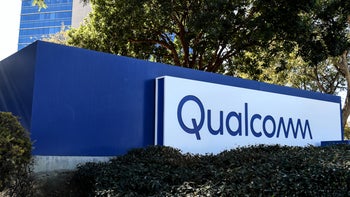
Chipmaker Qualcomm really doesn't get along with too many phone manufacturers. After all, as detailed in the FTC v. Qualcomm lawsuit that was decided against the company, Qualcomm has a number of sales practices that are considered anti-competitive. These include its "No license, no chips" policy, royalties computed by using the retail price of a phone, and its refusal to license standard-essential patents to competitors at a Fair, Reasonable and Non-Discriminatory (FRAND) rate. The latter are patents that manufacturers need to license so that their products can meet certain technical standards.
Back in December, Samsung dropped out of a Korean antitrust suit against Qualcomm and was replaced by LG. In 2016, Qualcomm was fined $915 million by the Korean Fair Trade Commission for patent abuse. Qualcomm didn't accept the fine and a trial ensued. Complainants included companies you're familiar with including Apple, Samsung, Intel, MediaTek, and Huawei. But Qualcomm and Samsung agreed to a cross-licensing deal and that is when Sammy dropped out and LG dropped in. And this past June, LG's licensing agreement with Qualcomm expired.
LG had 2.4% of the global smartphone market during the first half of the year
Well, if you're an LG fan worried about the company securing a new agreement with the chipmaker, have no fear. On Tuesday, Qualcomm announced that it had reached a new global patent license agreement with the manufacturer that will allow LG to use Snapdragon SoCs, modem chips and other components on 3G, 4G, and 5G single-mode and multimode complete devices. The contract runs for five years and Qualcomm will receive royalties from LG. While the dollar terms of the agreement weren't disclosed, Qualcomm noted that "The agreement is consistent with Qualcomm’s established global licensing terms."
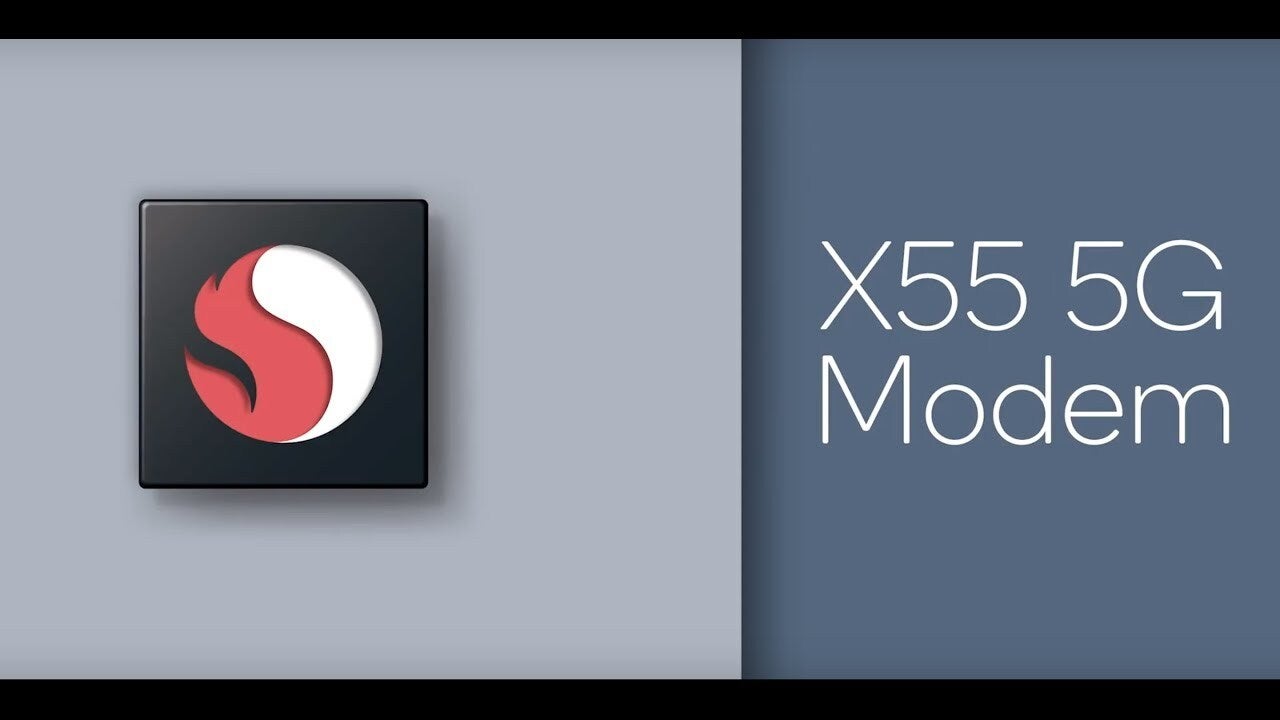
LG will now be supplied with Qualcomm's Snapdragon 5G modem chips for the next five years
As we touched on earlier, the FTC v. Qualcomm court case resulted in Judge Lucy Koh deciding against Qualcomm, which should force the company to change the way it sells chips. However, the chipmaker has asked for a stay of the ruling until it completes the appeals process and that only seems fair. Qualcomm does not want to be in a position where it renegotiates all of its contracts and then wins the appeal forcing it to revert to the pacts' previous terms. But Judge Koh denied the request for a stay and it is now in the hands of the U.S. Court of Appeals for the Ninth Circuit.
"Qualcomm is pleased to enter into a new global patent license agreement with LGE. This agreement builds on our long-standing technology relationship and reaffirms the value of Qualcomm’s world-class patent portfolio. Qualcomm is the developer and enabler of foundational technologies for the wireless industry and is the leader in the transition to 5G. We are proud to make our breakthrough technologies available to leading OEMs like LGE and to support them in delivering compelling products around the world."-John Han, senior vice president, and general manager, Qualcomm Technology Licensing
According to IDC, LG is the ninth-largest smartphone manufacturer in the world with a global market share of 2.4% during the first half of the year. IDC analyst Ryan Reith feels that getting LG to sign on the dotted line is a big win for Qualcomm. Reith said that the deal is "a win for Qualcomm because it locks up one of the top 10 handset manufacturers in a more top-heavy market. There are fewer and fewer brands out there."
For LG, like Apple before it, signing a licensing deal with Qualcomm gives it a supply of 5G modem chips. By the middle of next year, the U.S. should have at least one nationwide wireless 5G network up and running. You might recall that Apple was feeling desperate earlier this year after Qualcomm decided not to sell the company 5G modem chips after the two firms filed numerous suits against each other. Apple was rushing Intel to develop its 5G modem chip in time for use in the 2020 iPhones. But back in April, Apple and Qualcomm surprised everyone by reaching a settlement. All legal action was dropped and Apple paid Qualcomm a reported $4.5 billion in exchange for a six-year licensing agreement (with a two-year option) and a multi-year chip supply agreement. Apple subsequently purchased Intel's smartphone modem business for a sum believed to be close to $1 billion.


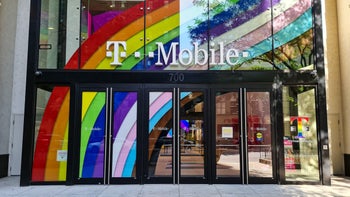
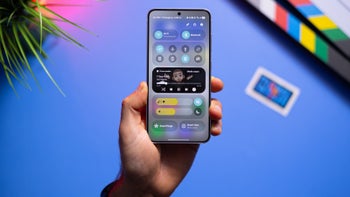

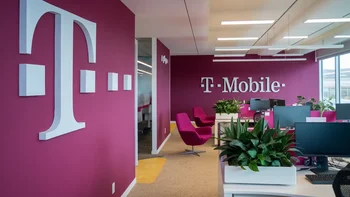
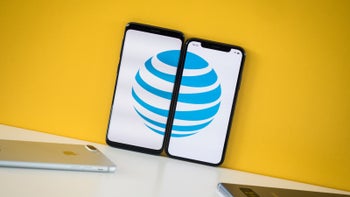
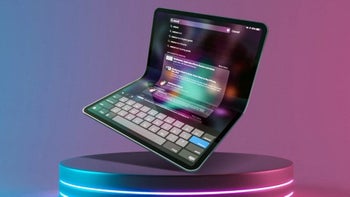
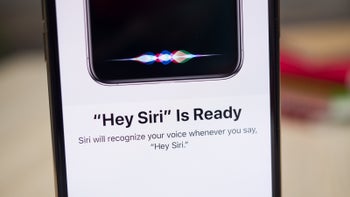
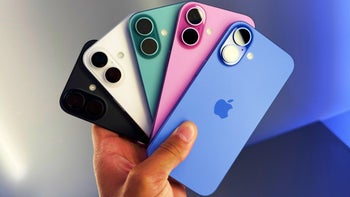
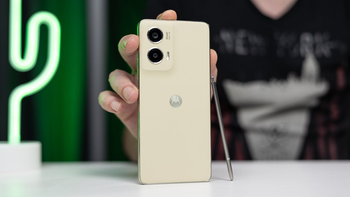

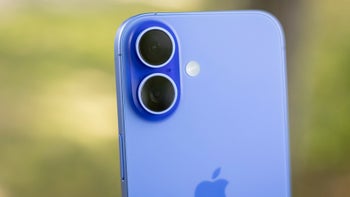
Things that are NOT allowed: